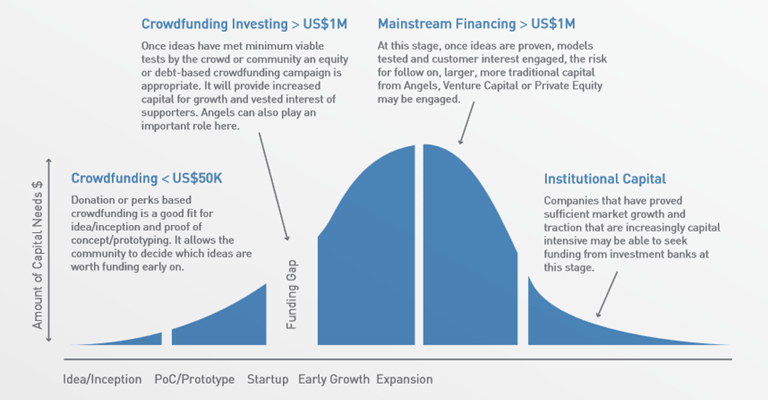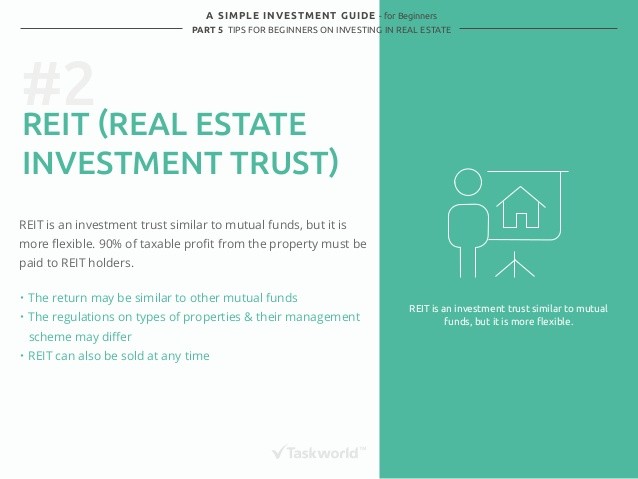Property Crowdfunding vs REIT Investment – A Quick Guide
Post on: 9 Июнь, 2015 No Comment

Whilst property crowdfunding is a relatively new way of investing, Real Estate Investment Trusts (REITs) have been around in the UK since 2007, and are now a £40 billion industry. So how do they stack up against each other, and which one is right for you?
Lets take a moment to look at the key differences between the two.
1. Easy Access to Property Investment
Investors who are looking to enjoy the benefits of property investment without having to invest six or seven digit sums and manage all aspects of a property investment themselves have in the past found buying REIT shares a sensible path to gain exposure to the general property sector. The recent rise of property crowdfunding has created a new option for investors. Minimum investment levels are typically much lower, as are the fees.
2. Ownership of the Property
Another key distinction between property crowdfunding and REIT investing is that the crowdfunding route offers direct ownership in a specific property rather than a much broader exposure to a company investing in numerous properties within a larger sector. Instead of ownership in a specific property or handful of similar properties, with a REIT you are typically investing in a portfolio of many hundreds of diverse properties.
For some investors, putting their money into the larger sector in publicly traded shares may seem the more sensible option, but there are distinct advantages to investing privately in a specific property whose fundamentals of location, quality of build, and income potential hold up on their own and are not subject to the daily fluctuations of general market sentiment.

3. Yields and Exit Strategy
With property crowdfunding, there is usually a defined holding period and clear exit strategy. The investor earns both rental income and a share of any capital gain upon sale. With a REIT, the operator determines when properties are bought and sold and income distributed to shareholders, often driven by their own internal compliance and tax optimisation requirements.
REITs generally offer investors better liquidity in the sense that shares can be redeemed at a quoted share price, although this liquidity comes at a price in terms of transaction costs. For the medium to long-term investor unlikely to need immediate access to invested funds, a lower fee crowdfunding model may be more appropriate as long as there is a clearly defined exit strategy.
4. Fees
A final key difference between crowdfunding and REITs is fees. Fees really add up over the course of a 3, 5, or 10-year investment. REITs have substantial overheads and multiple portfolio managers to pay. Consequently, many REITs have high fee structures and pay high commissions to brokers. Front end fees on some REITs can be as high as 10%, so you are starting out with 90 pence on the pound from day one.














